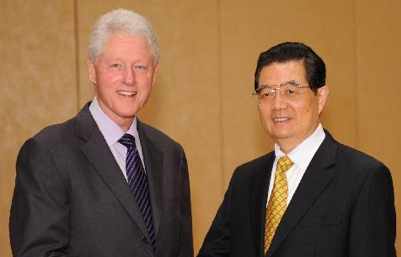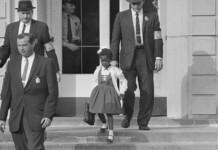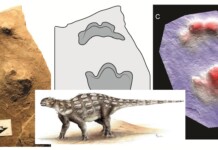 President Clinton’s 10-day trip to China, the world’s most populous nation and second largest economy, has concluded.
President Clinton’s 10-day trip to China, the world’s most populous nation and second largest economy, has concluded.
For the Chinese, the trip was nothing short of extraordinary. They listened as the American president spoke to them in a live nationwide address, uncensored and uninterrupted, about the importance of the freedom of expression as a cornerstone of their future stability. The central communist government listened while he openly proclaimed that the 1989 crackdown of pro-democracy demonstrators was wrong. And they listened to Clinton on a radio call-in show answering questions of all types.
It was extraordinary because Chinese President Jiang Zemin allowed it to be. He allowed a joint televised press conference where the two debated subjects usually taboo like relations with Tibet and Taiwan. It matched in symbolism the scene last year when, as a guest in the U.S., the Communist leader rang the closing bell on the New York Stock Exchange. It is clear that an exchange of more than just commerce is now being encouraged.
The Clinton administration has prepared the way for growth in Sino-American relations. Last fall Clinton’s rolling out the red-carpet at a White House State Dinner for President Zemin lead to, within 11 days, the release of China’s most prominent dissident, Wei Jingsheng, who had been imprisoned for many years. There are likely to be additional releases as a gesture of appreciation for the graciousness with which Clinton conducted himself across China.
Michel Oskenberg, senior fellow at the Asia Pacific Research Center at Stanford University, said: “The summit demonstrated that sweeping changes are now underway. Bill Clinton did something no other foreign leader has ever done. Over time the consequences for China could be profound.”



















